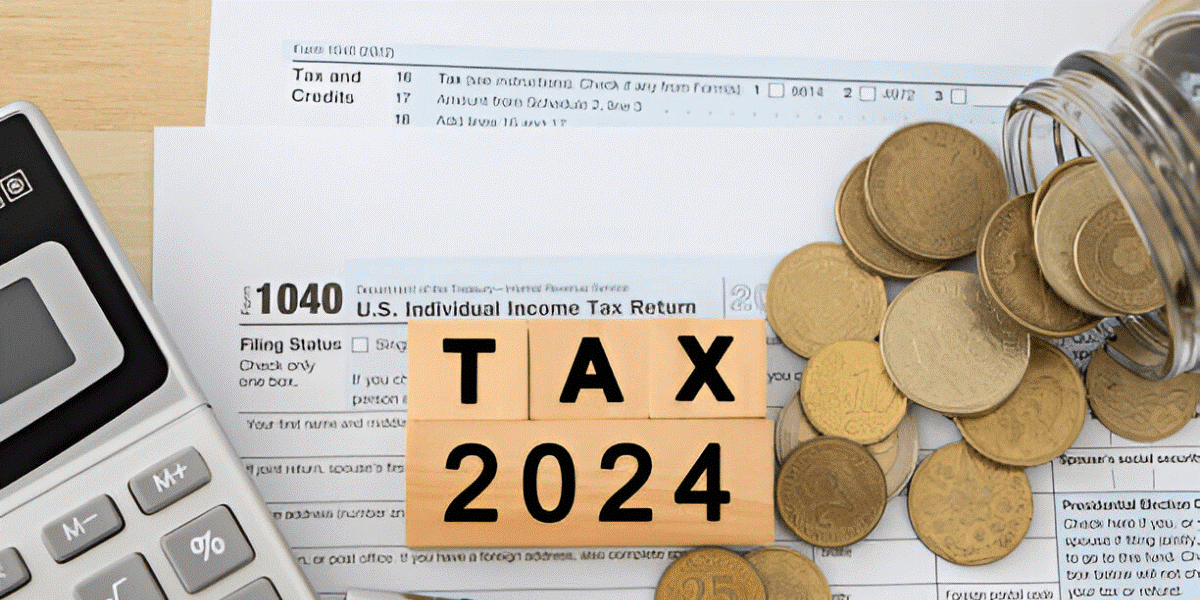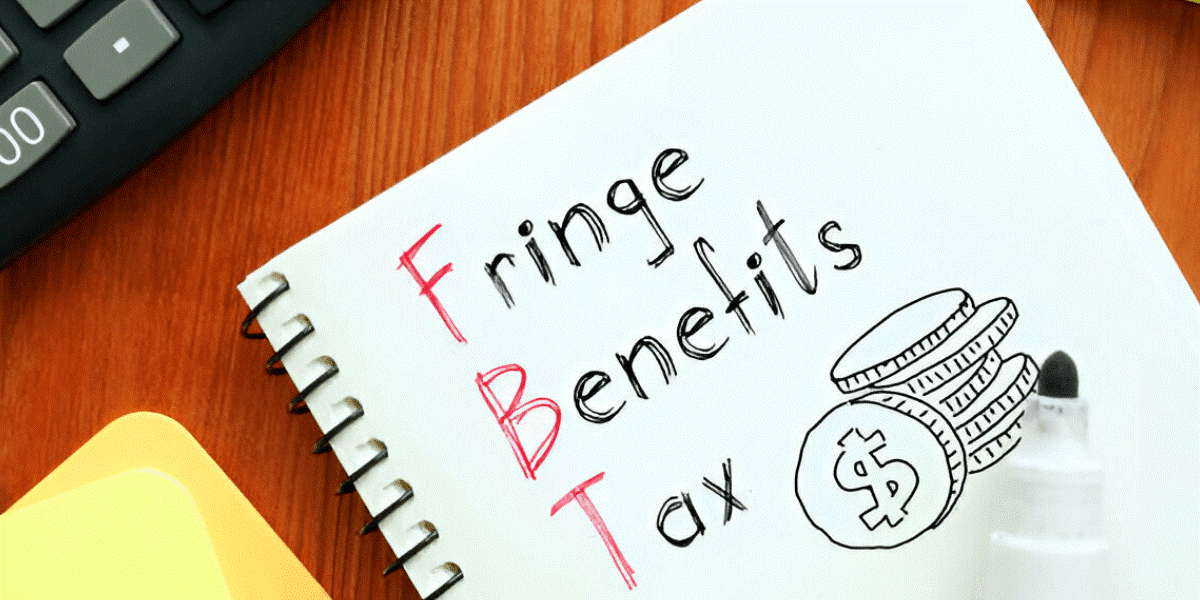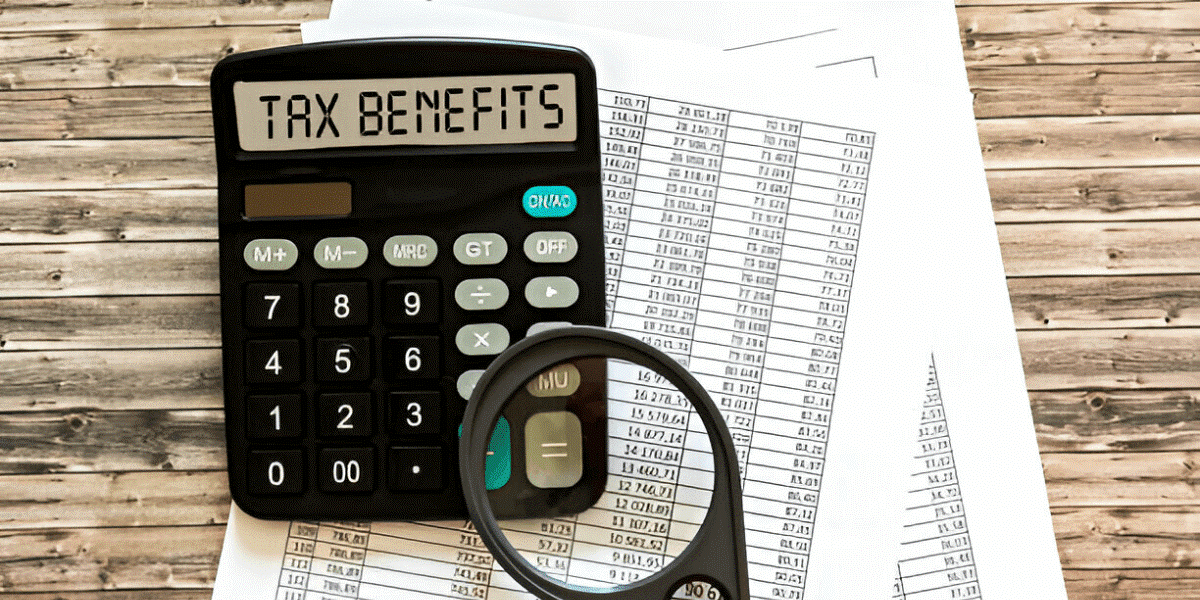Table of Contents
1.LowerTaxesforEveryAustralianTaxpayer
2.EnergyRebates
3.SupportingRenters
4. Improving Access toAffordableMedications
5.ReducingStudentDebt
6. Investigating SupermarketPricingand Competition
7. Government Support forAgedCare and Early Childhood Education Wages
8. Supporting Financial Stability and Education
9. Conclusion
New Title
In response to economic challenges and the evolving needs of Australians, the Australian Government has rolled out a series of comprehensive relief measures for the fiscal year 2024-2025.
These initiatives are designed to ease financial pressures, enhance household affordability, and support key sectors of the economy.
Let's learn about the significant measures introduced:
Lower Taxes for Every Australian Taxpayer

Starting from July 1, 2024, the government is introducing tax cuts to help 13.6 million Australian taxpayers with the rising cost of living, to correct bracket creep, support women, and encourage more people to join the workforce.
Here’s what will change with the tax cuts: The tax rate for those currently paying 19% will drop to 16%. For those in the 32.5% bracket, it will decrease to 30%. The income level where the 37% tax rate starts will rise from $120,000 to $135,000.
Similarly, the threshold for the 45% tax rate will increase from $180,000 to $190,000. These changes aim to reduce taxes for middle-income earners, allowing them to keep more of their earnings and make life more affordable.
1. Cost-of-Living Help for Middle Australia
Many Australians are experiencing financial strain, and the government is responding with tax cuts to help ease these pressures. These changes aim to provide substantial relief to middle-income earners by lowering their taxes.
Importantly, these measures are designed to avoid causing inflation, ensuring they effectively lighten the financial load on households without raising prices.
'2. Equitable Tax Cuts Safeguarding Income Levels for All Australians
The government's tax cuts prevent middle-income earners from moving into higher tax brackets as their incomes rise. This helps maintain fair tax levels across different income groups while ensuring that tax burdens remain balanced.
3. Promoting Women's Participation in the Workforce
Tax cuts mean Australians will keep more of what they earn, which encourages more hours worked because pay is higher. These cuts are expected to create work equivalent to about 25,000 full-time jobs weekly. Women and those earning $25,000 to $75,000 annually benefit most.
Next year, all 6.5 million women taxpayers get cuts, averaging $1,650. This makes working more rewarding financially and helps more join the workforce.
4. Raising Medicare Levy Limits for Low-Income Earners
In 2023-24, the Government has raised the Medicare levy low-income thresholds to ensure that more than one million taxpayers with low incomes continue to either be exempt from the Medicare levy or benefit from reduced levy rates.
Energy Rebates
The Australian government has set aside $3.5 billion to help households and small businesses with their energy bills. Beginning July 1, 2024, more than 10 million households will receive a $300 rebate on their electricity bills for the year.
In addition, about one million small businesses will get a $325 rebate during the same period. This effort is expected to reduce headline inflation by around 0.5% in the 2024-25 timeframe without adding to overall inflation pressures.
Supporting Renters
The Government has allocated $1.9 billion over five years to increase maximum Commonwealth Rent Assistance rates by an additional 10%. This builds on a previous 15% increase in September 2023, bringing maximum rates to more than 40% higher than those in May 2022.
These adjustments, achieved through regular indexation and specific government measures, aim to significantly support eligible recipients of Rent Assistance.
Improving Access to Affordable Medications

The Australian Government is finalising the Eighth Community Pharmacy Agreement with an additional $3 billion in funding. This aims to lower medicine costs, improve patient health, and strengthen community pharmacies.
Under this agreement, the Pharmaceutical Benefits Scheme (PBS) patient co-payments will be frozen for one year for all Medicare card holders. Pensioners and other concession cardholders will benefit from a longer five-year freeze.
This initiative ensures pensioners and concession cardholders have stable prescription costs, limiting payments to $7.70 (plus any applicable manufacturer premiums) over the next five years. It reflects the government's commitment to affordable healthcare for all Australians.
Reducing Student Debt
The Australian Government is reducing student debt by $3 billion for over 3 million Australians enrolled in programs like the Higher Education Loan Program (HELP). This initiative aims to support students who borrowed for education while preserving the loan system's integrity and accessibility.
In response to the Australian Universities Accord, the Government plans to cap the rate of increase for HELP debts, using either the Consumer Price Index or the Wage Price Index, whichever is lower. This relief has been applied retroactively to all active HELP, vocational education, training loans, and other student support accounts since June 1, 2023.
Investigating Supermarket Pricing and Competition
The Australian Government is examining supermarket pricing and competition. Dr Craig Emerson's interim report, released in April 2024, suggests making the Food and Grocery Code mandatory, with penalties of up to 10% of turnover for major breaches.
In February, the Government directed the Australian Competition and Consumer Commission (ACCC) to investigate supermarket pricing for 12 months to ensure fair grocery prices for Australians.
Additionally, CHOICE has received funding for three years to produce quarterly price comparison reports, starting in June. These efforts aim to empower consumers with information for better food and grocery purchasing decisions.
Government Support for Aged Care and Early Childhood Education Wages

The Australian Government is funding wage increases for aged care workers following a Fair Work Commission decision. This builds on $11.3 billion allocated for a 15% interim pay rise.
Additionally, funding is being arranged for wage increases in early childhood education, pending Fair Work Commission proceedings.
These actions show the Government's commitment to improving wages in crucial sectors like aged care and early childhood education.
Supporting Financial Stability and Education
● The Australian Government is providing $138 million to help those facing urgent financial challenges. This funding will meet the high demand for crisis support, including emergency relief, food aid, and financial services.
● Social Security deeming rates for financial investments will remain unchanged until June 30, 2025. This will benefit about 876,000 income support recipients, including 450,000 aged pensioners.
● Approximately 73,000 nursing, teaching, and social work students will receive $319.50 per week during their mandatory placements.
In summary, the relief and support measures introduced by the Australian Government for the fiscal year 2024-2025 demonstrate a proactive response to economic challenges and a commitment to community welfare. From tax cuts to energy rebates, these initiatives aim to boost disposable income and ease household budgets, reinforcing economic resilience and improving the lives of Australians.
These actions are expected to provide meaningful help to people and businesses, setting the stage for steady economic growth and prosperity ahead.
Looking for expert advice on understanding these changes? Contact Tax App! We have a team of experienced and reliable accountants in Australia who can optimise your financial strategy.
Disclaimer:
The content of these blog posts is intended to be of a general nature and should not be construed as tax or any other form of advice. We do not guarantee the accuracy or completeness of the information provided in these blog posts. It is imperative that you consult with a qualified professional, such as a certified accountant at Tax App, before taking any action based on the advice or information contained herein. Your specific financial and tax situation may require personalised guidance, and a professional consultation is recommended to ensure compliance with applicable laws and regulations.
Get Started with Us
Connect with Australia’s most innovative accountants today. Fill out our contact form, and let’s discuss how we can help you achieve your financial goals. Together, we’ll create a tailored action plan that maximises your tax savings.
Awards!
⭐⭐⭐⭐⭐





At Tax App, we offer Sydney Local, Online Accounting and Tax Services for individuals and small businesses in our community. Our technology and experienced team provide efficient and personalised solutions to streamline financial management. Trust us to be your partner in success.
Chartered Accountants
Liability limited by a scheme approved under Professional Standards Legislation
All Rights Reserved | Tax App Pty Ltd
Useful Links
Contact Us
Disclaimer: The content of this website is intended to be of a general nature and should not be construed as tax or any other form of advice. We do not guarantee the accuracy or completeness of the information provided in this website. It is imperative that you consult with a qualified professional, such as a certified accountant at Tax App, before taking any action based on the advice or information contained herein. Your specific financial and tax situation may require personalised guidance, and a professional consultation is recommended to ensure compliance with applicable laws and regulations.










